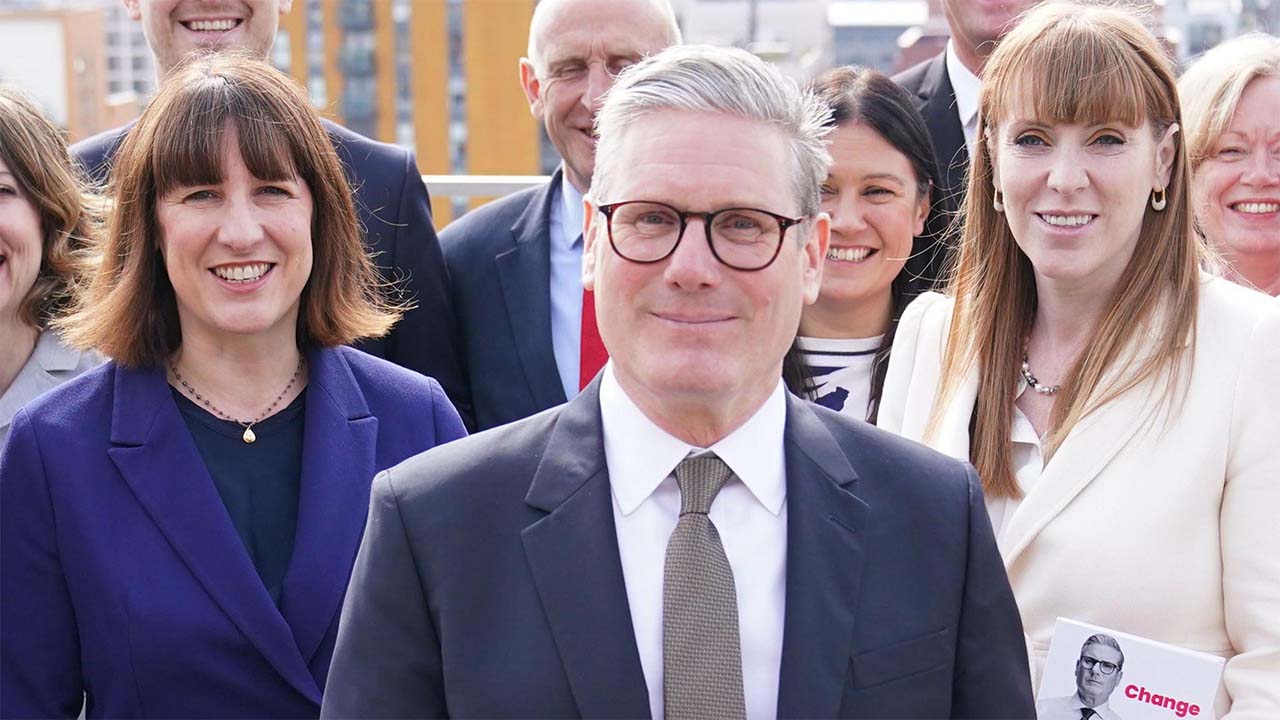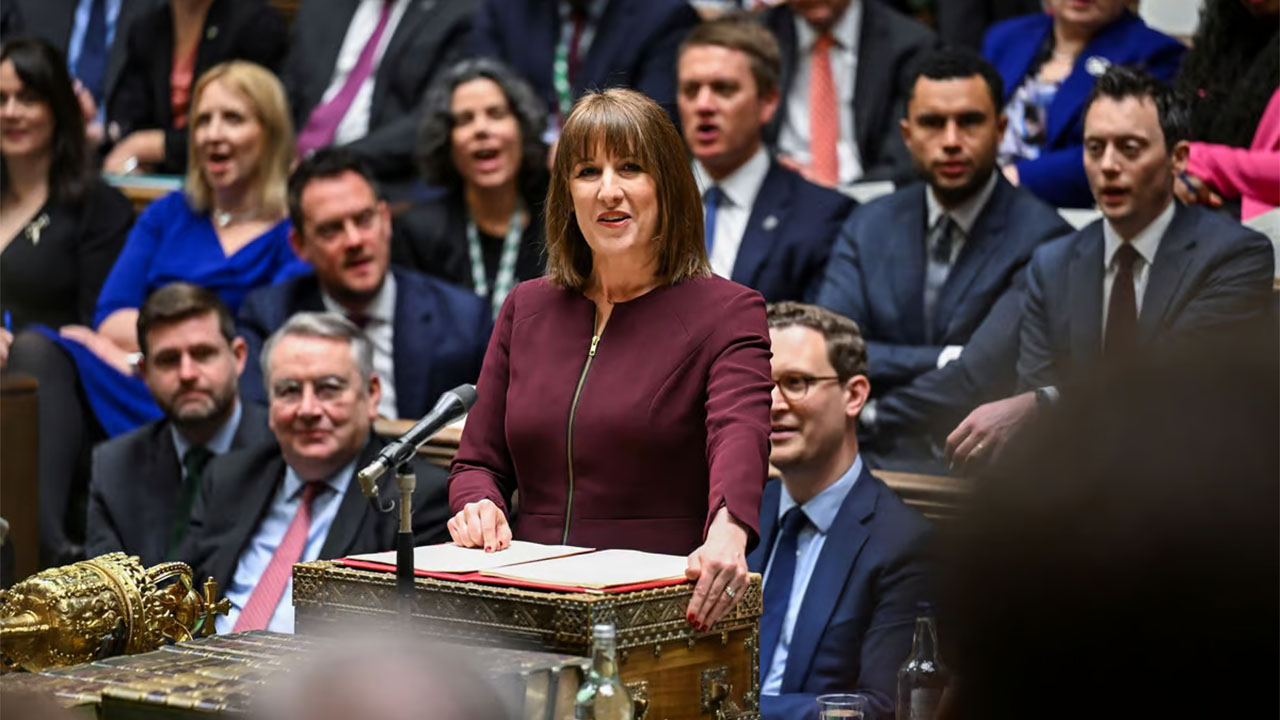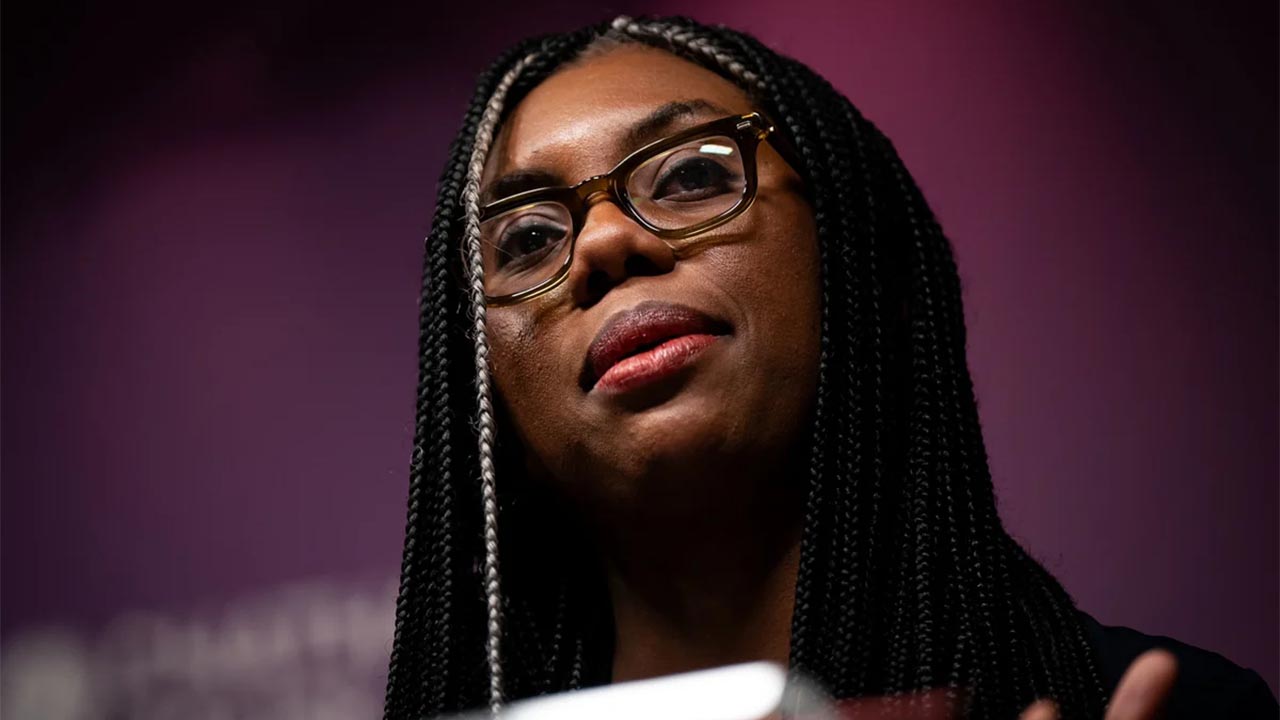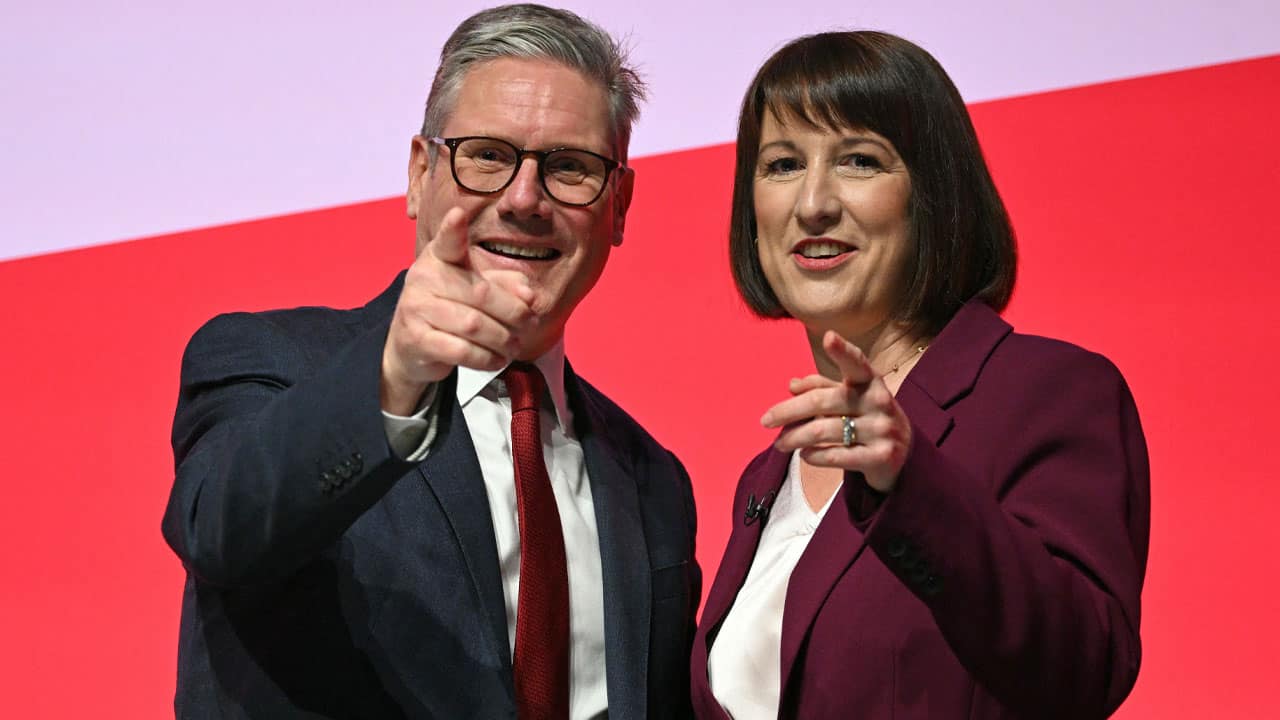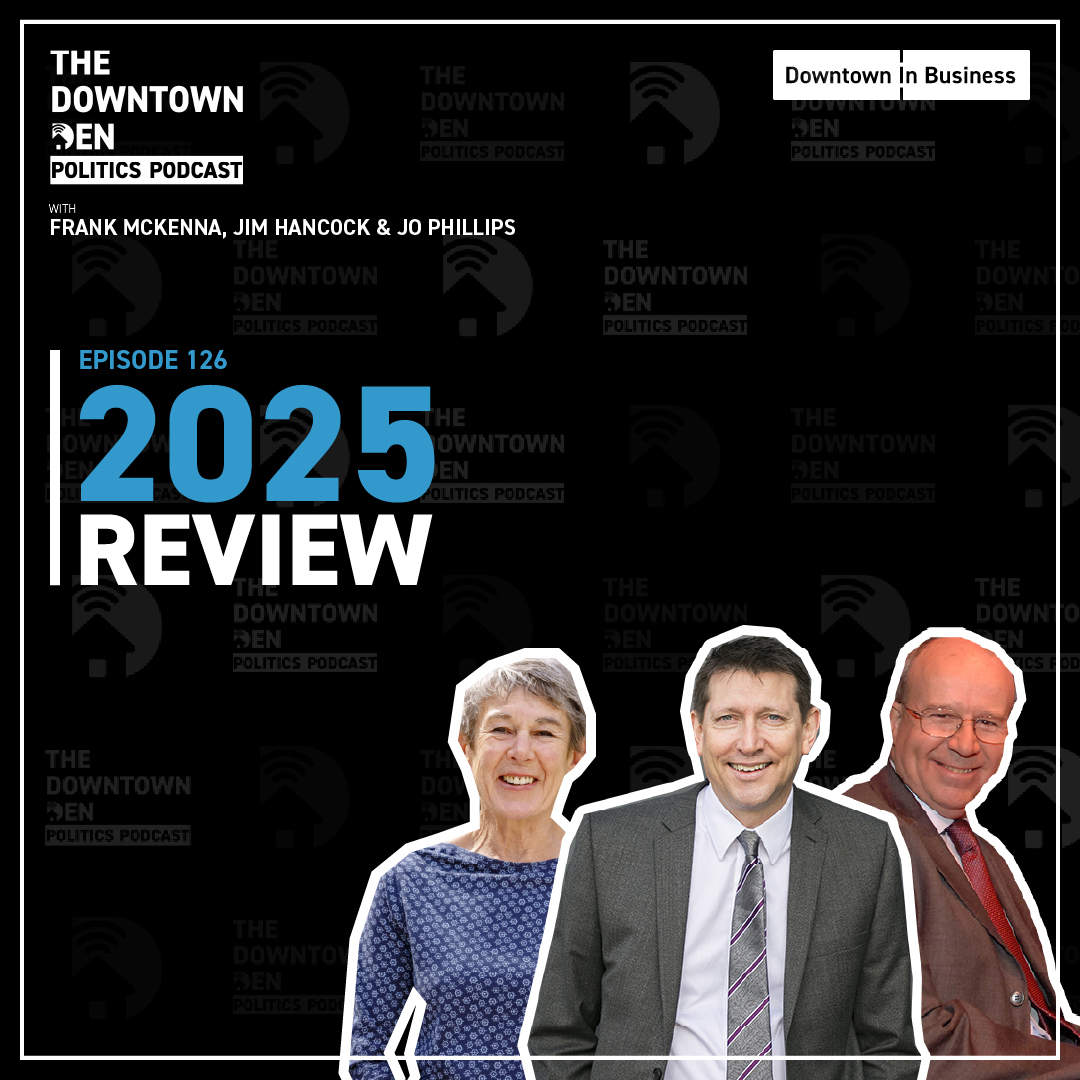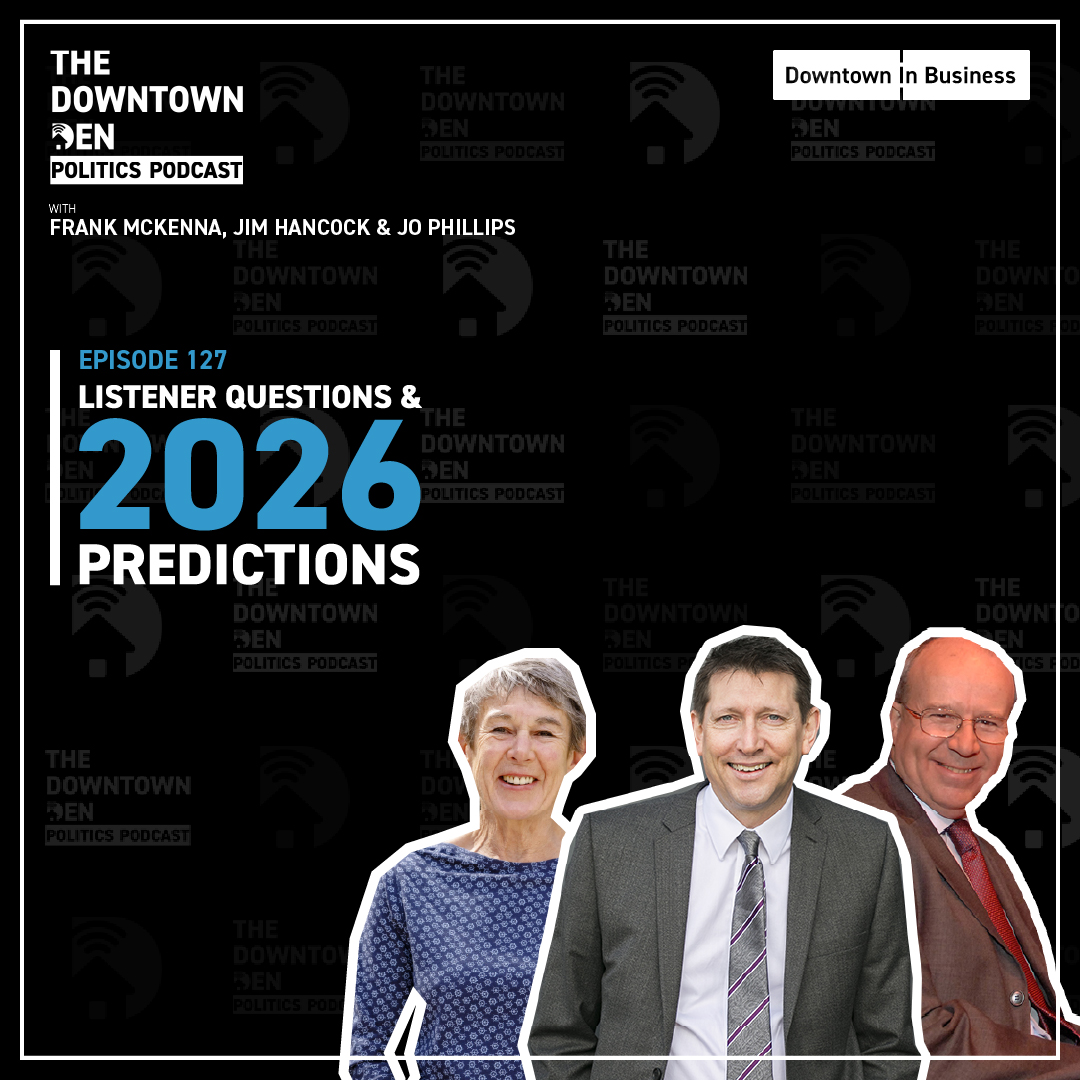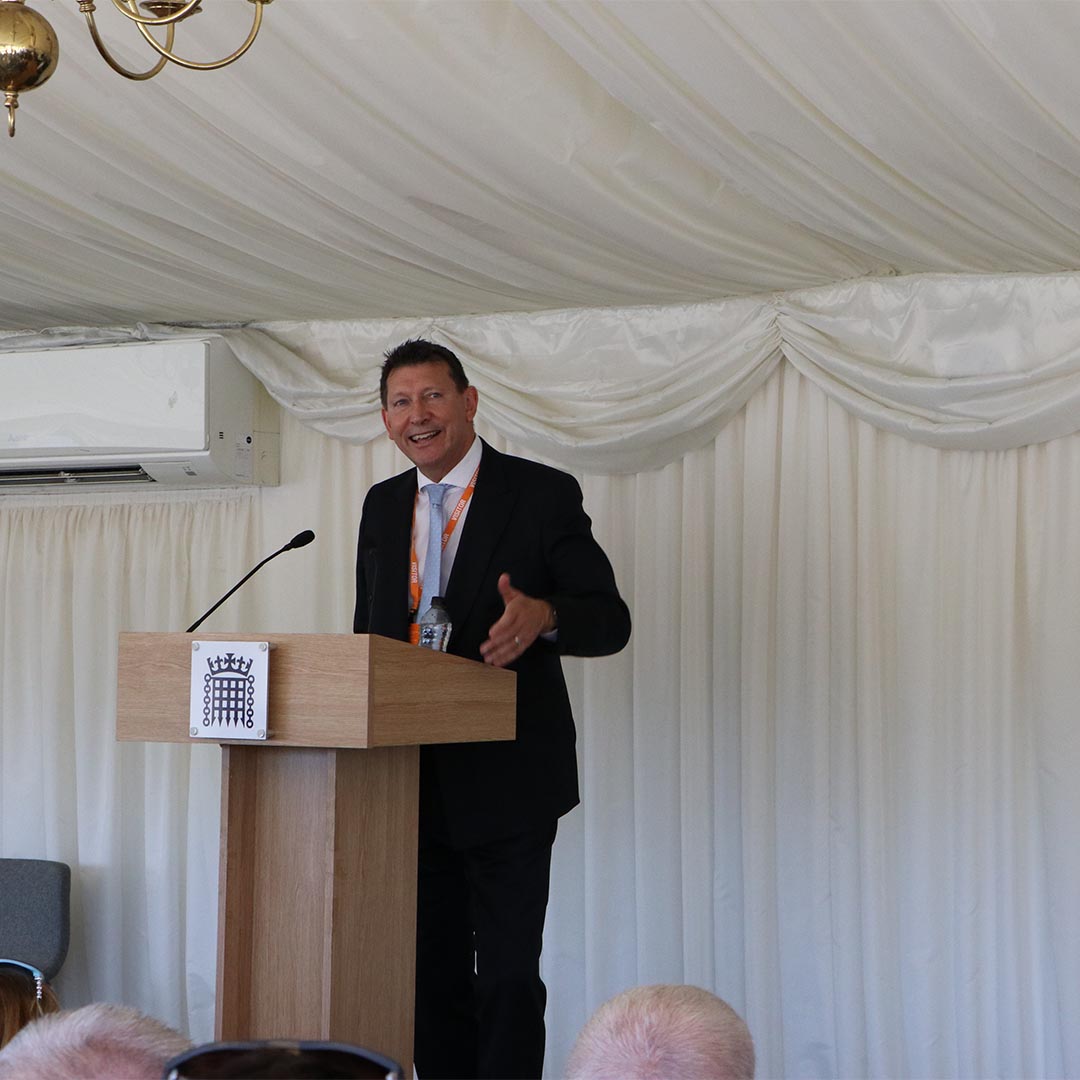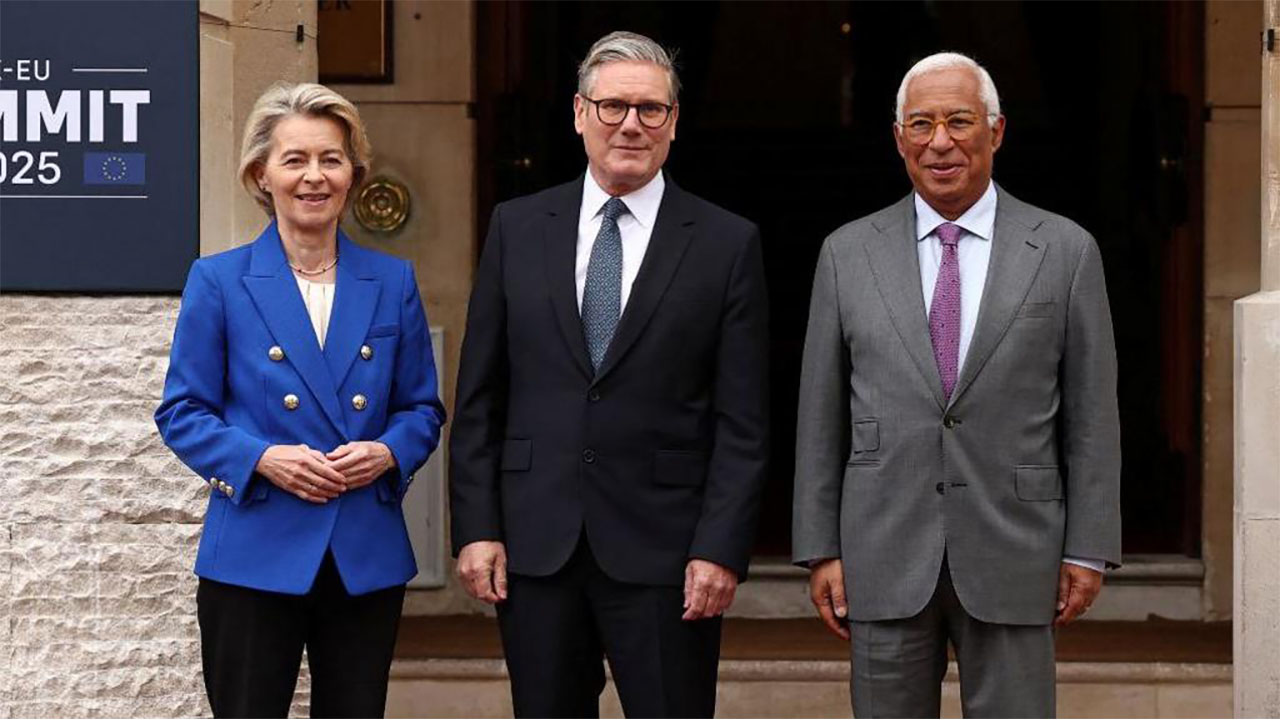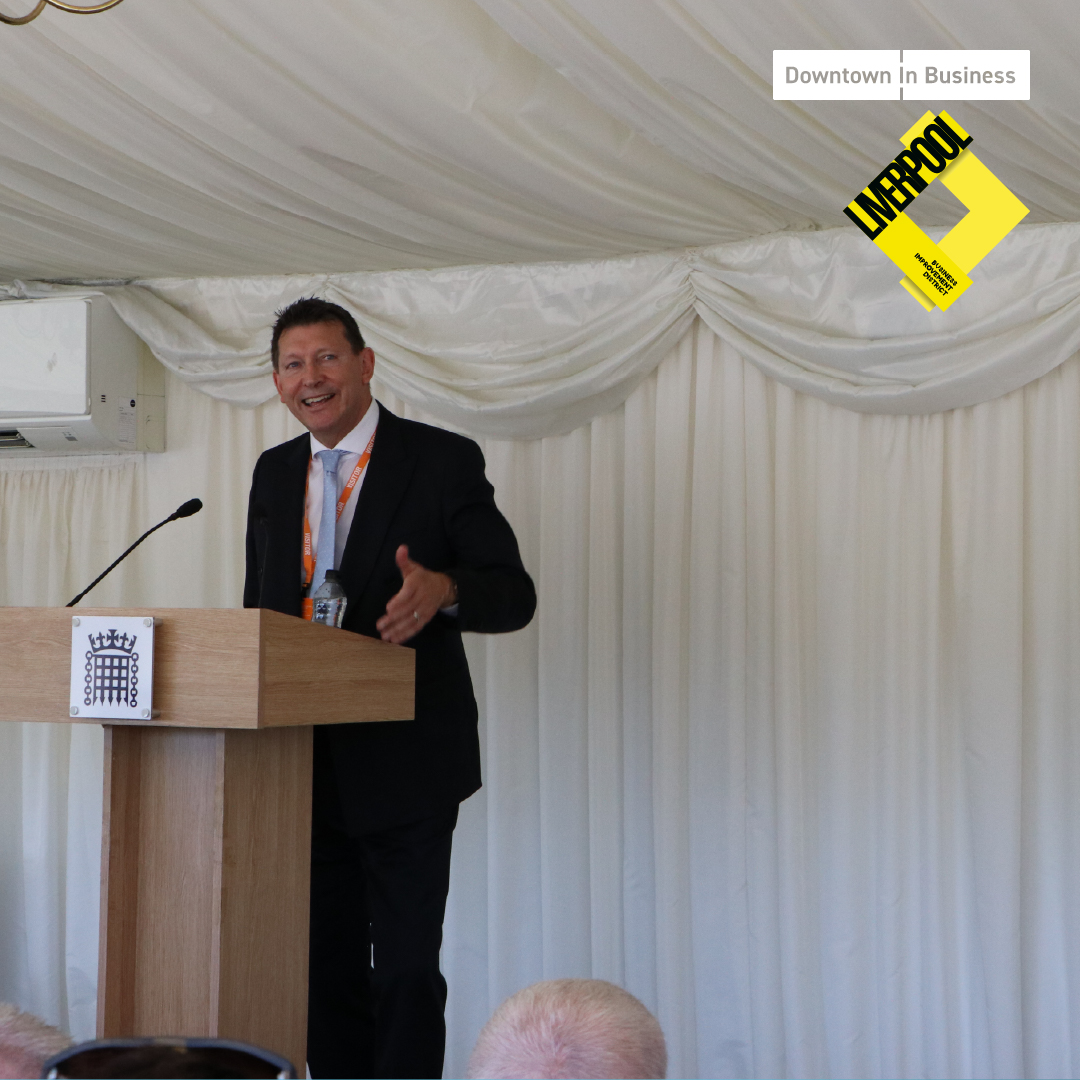Rishi Sunak hasn’t had much of a honeymoon period as our new Prime Minister. In week one, he was caught up in controversy over security breaches carried out by his Home Secretary Suella Braverman. Week two saw him U-turn on COP 27. Week three, and he has had his first cabinet resignation, with the walking-disaster that is Sir Gavin Williamson being forced out of government (for the third time) due to bullying allegations.
On their own, none of these issues would be too concerning. But combined, it is easy to see how Keir Starmer was able to skewer Sunak at PMQs yesterday, portraying him as a weak leader who has poor judgement.
Starmer’s bullish attack at the dispatch box on Wednesday reminded me of Tony Blair’s savaging of John Major in 1996. “I lead my party – he follows his” shouted Blair, before adding “Weak, weak, weak.”
Sunak is looking weak. He brought Braverman back into the cabinet less than a week after she had been forced to resign not because of any political alignment with her – but because she helps tame the Right of his party. He went to COP not because he wanted to, but because Boris Johnson announced he was going. Williamson was appointed to cabinet – without being given a specific portfolio – presumably because no department head would want him anywhere near them – as an ‘enforcer’. He has a reputation as a nasty piece of work.
That all three decisions have, to a greater or lesser degree, come back to bite Sunak on the arse, is of no great surprise.
Politicians who act out of self-preservation and compromise rather than confidence and conviction seldom prosper. That is not to say that you cannot be pragmatic in your approach to governing. Thatcher and Blair were masters of that art. But it does mean that, in your gut, you can justify your decisions. Does anyone really think that Rishi rates Suella? Or that he wanted to be in Sharm El-Sheikh? Or that he thought Williamson would add intellectual heft to his cabinet?
It is early days, but the Prime Ministers early missteps do not bode well for the future. He may have calmed the markets, but he has not calmed his increasingly twitchy backbench MPs. The polls have not shifted much, and many of them are fearing election defeat.
Nonetheless, two years is a long, long time in politics. A lot can happen between now and the next General Election poll. For example, the end of the conflict in Ukraine may give the global economy a much-needed boost.
However, there are banana skins aplenty for the Prime minister between now and Christmas – never mind beyond – starting with the Chancellor’s budget next week.
Jeremy Hunt has warned us that there are painful years ahead. Tax rises and public sector cuts are on the agenda. He says he wants to have a grown-up conversation with us. The question is, are Red Wall Tories ready to abandon the kindergarten populist politics that got them elected – or will Sunak face an even bigger parliamentary challenge than those he has already had to deal with?



